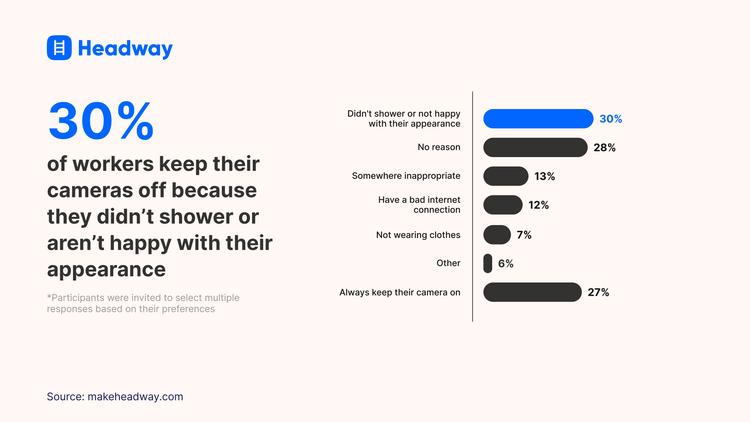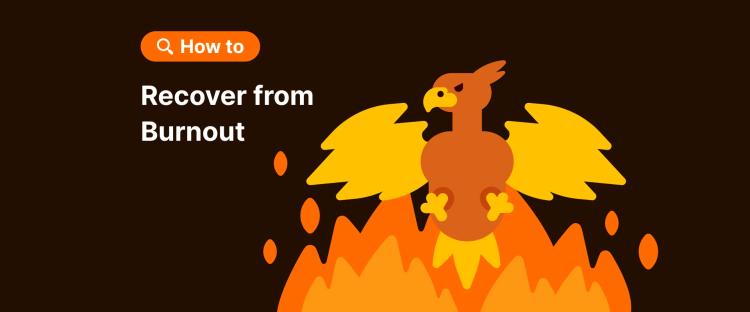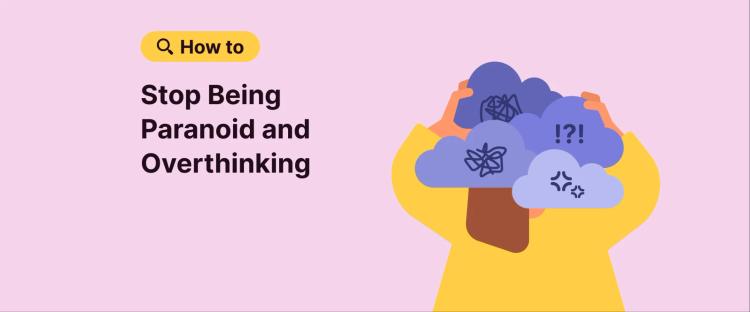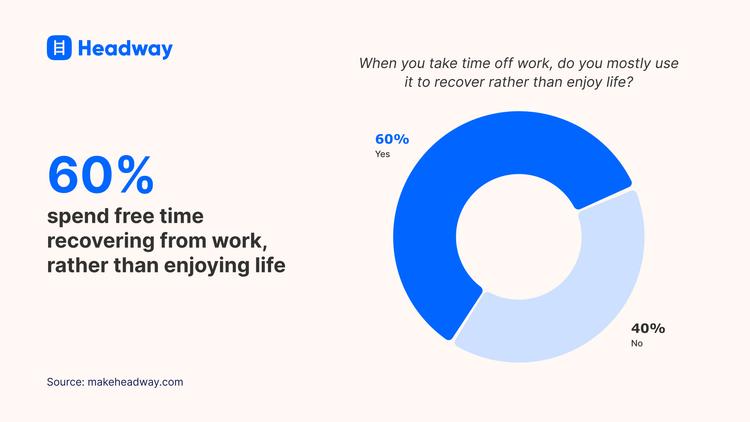Key insights:
More than half (54%) of workers regularly work overtime, with 10% doing so nearly every day and 24% several times a week.
Some 22% skip meals, 14% forget to hydrate, and 12% neglect basic hygiene due to work overload.
Some 33% rely heavily on caffeine or energy drinks to fight off fatigue, while 10% turn to recreational drugs, and 8% take prescription medication to cope.
Overworking is causing 20% to struggle to sleep or relax, while 15% feel isolated as work spills into their personal lives.
Hustle culture has taken over the office, and what was once the occasional late night is now a regular fixture on the work calendar. Whether driven by financial pressure, job insecurity, or the desire to get ahead, we’re staying later and working longer.
But at what cost? As the workday stretches into evenings and weekends, workers are sacrificing more than just their time.
Headway app surveyed 2,000 workers about their willingness to work overtime and its impact both in and out of the office. From sleepless nights to skipped meals and soured relationships, ambition is quickly turning into exhaustion.
Starting early, staying late: Is working overtime the new normal?

The once-standard nine-to-five is quickly becoming a relic as overtime culture takes over the office, with 54% of workers now regularly clocking in extra hours. For 10%, working overtime is just part of their daily routine, while another 24% find themselves staying late at least a few days each week, and 20% work extra hours every month.
Fears and finances: What's causing our unhealthy work habits?

Despite the growing norm of overtime, it remains a divisive subject in the workplace. While more than half are happy to put in extra hours, 8% insist that staying late is a sign of weakness, reserved for "losers" who can't stand up for themselves or set proper boundaries with their bosses.

Yet, that's a small-minded take on a complex issue. With the cost of living out of control and the job market shrinking, there's often a reason behind toxic productivity. For instance, 13% of workers say they do it for the pay, and 9% admit to seeking promotions, with a little extra helping them cope with the sorry state of the economy.
While 25% say it's because their workplace is always understaffed, many aren't doing it for their employer’s sake. Rather, 8% admit they’re afraid to lose their job if they don't go above and beyond for their employer.
Extra pay — but at what cost? The consequences of work-life imbalance

Overtime might add to the paycheck, but workers are paying the price, with many sacrificing self-care to make it through the workday. Some 22% admit they regularly skip meals to stay on the grind, while 14% have forgotten to drink water to the point of dizziness. Even basic hygiene takes a backseat, with 12% admitting they have gone an entire day without showering or brushing their teeth.
The hustle doesn't stop there: 13% say they have pulled all-nighters to make deadlines, and just as many say they have fallen asleep on the job. But too much dedication can quickly spiral from sleeping at your desk to concerning health issues, with 16% having experienced headaches and nausea, and 8% actively ignoring more serious problems.

Coffee is the unofficial fuel of the modern workplace, with 33% admitting they have abused caffeine to get through their to-do list. However, as work stress and burnout build, workers find themselves turning to more harmful substances to cope. Some 10% admit they have used recreational drugs to stay focused, while 8% say they have taken prescription drugs that weren't prescribed to them.

The effects of overtime don't stop when you leave the office. Physical and emotional exhaustion at work follows workers home with them, getting in the way of their personal lives and robbing them of rest. Some 20% admit they find it harder to sleep or relax, while 17% say it has made them more anxious and irritable.
With work taking over their lives, 15% admit to feeling isolated, 10% have lost contact with friends and family, and 7% say their romantic relationships have suffered.
From skipped meals to strained relationships, the true cost of overtime isn't counted in hours worked or money made, but its impact on our health and wellbeing. Despite the promise of pay and progress, workers should ask themselves: Is it really worth it?
Methodology: To create this study, researchers from Headway app surveyed 2,000 professionals of all genders, aged 18 and over.
About the Headway app
With over 50 million users in 170+ countries, the Headway app is the world's most downloaded book summary app. It offers 15-minute audio and text summaries of nonfiction bestsellers, as well as daily microlearning sessions and gamified challenges. The app is designed to help people achieve their self-development goals. Headway received the Editor's Choice award from the US App Store and constantly hits the App Store home screen as App of the Day.






